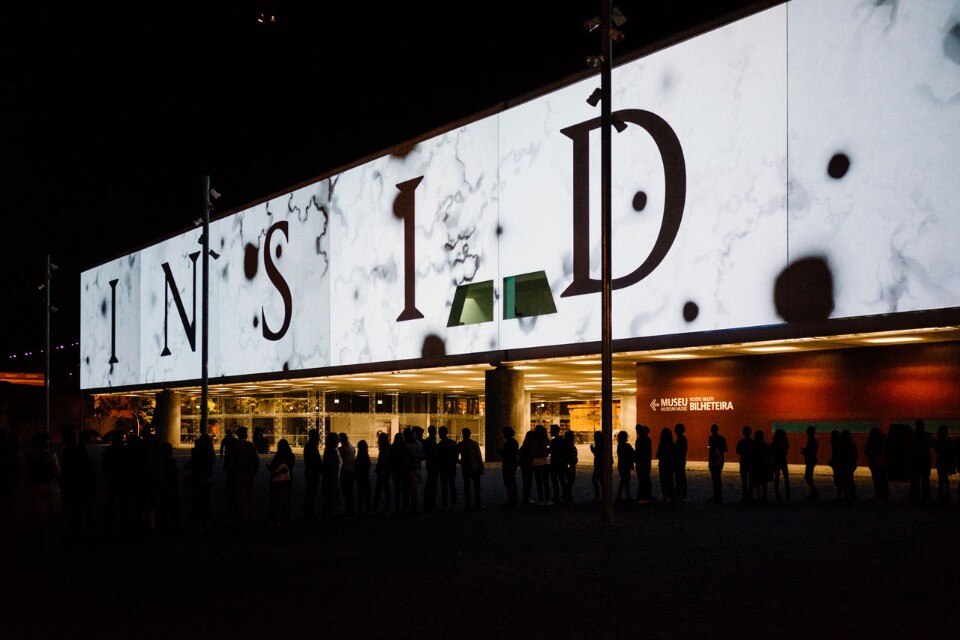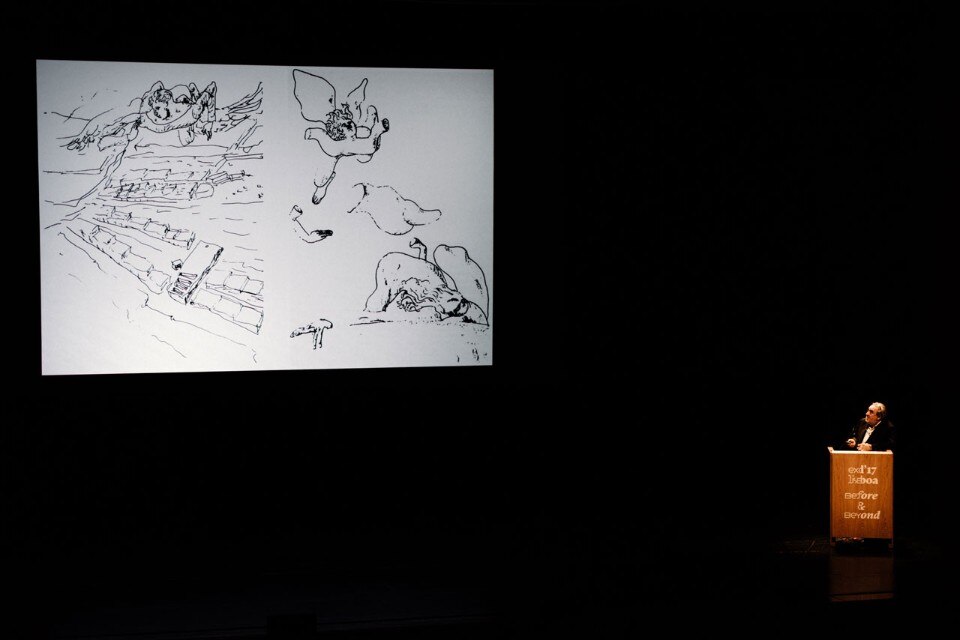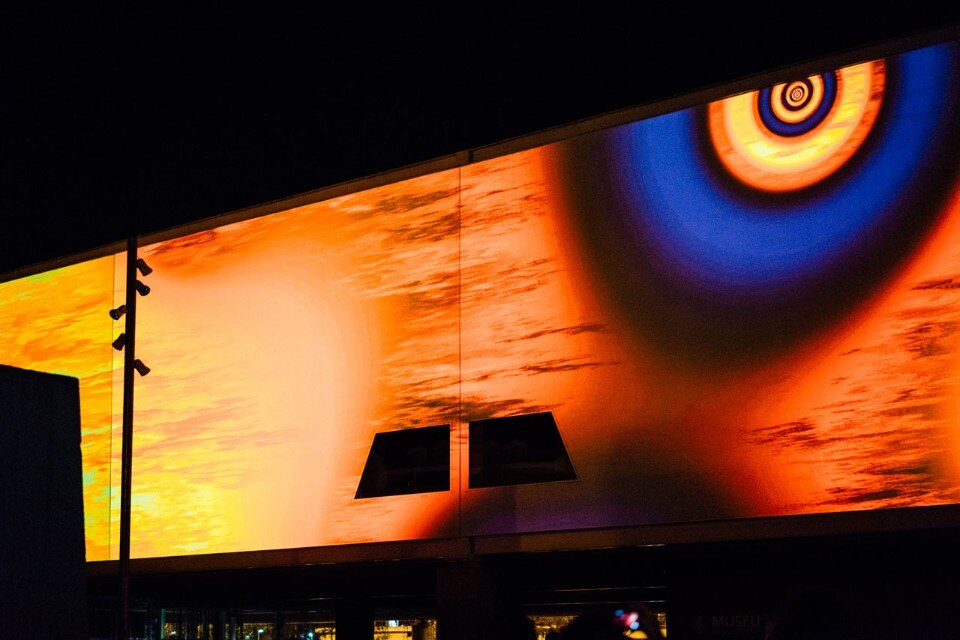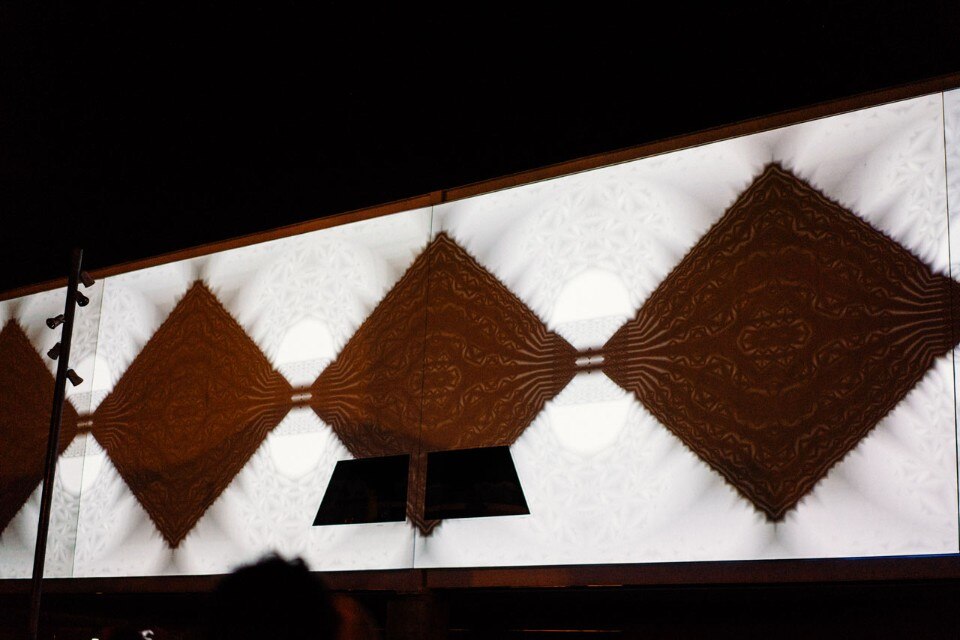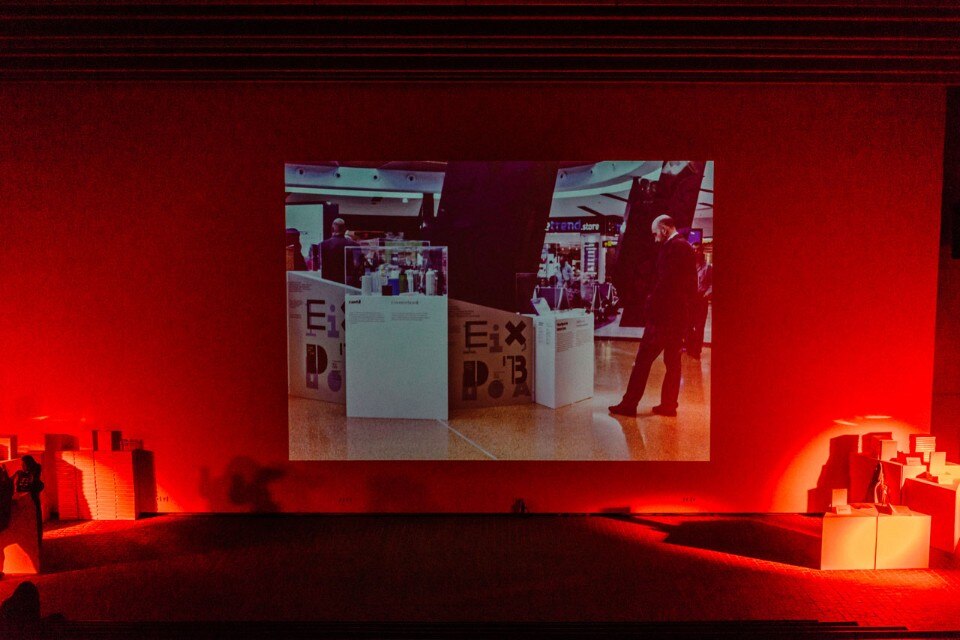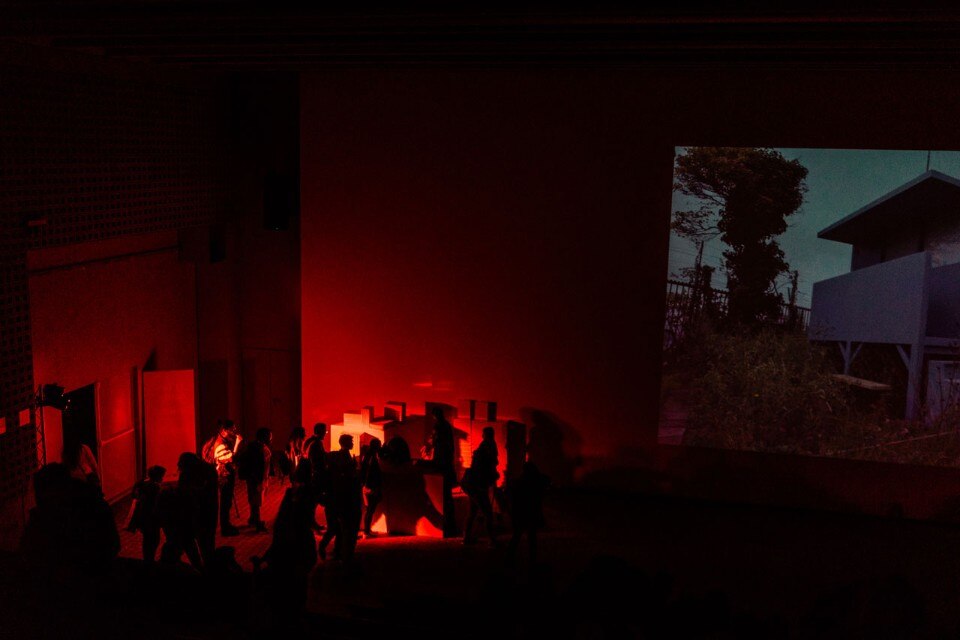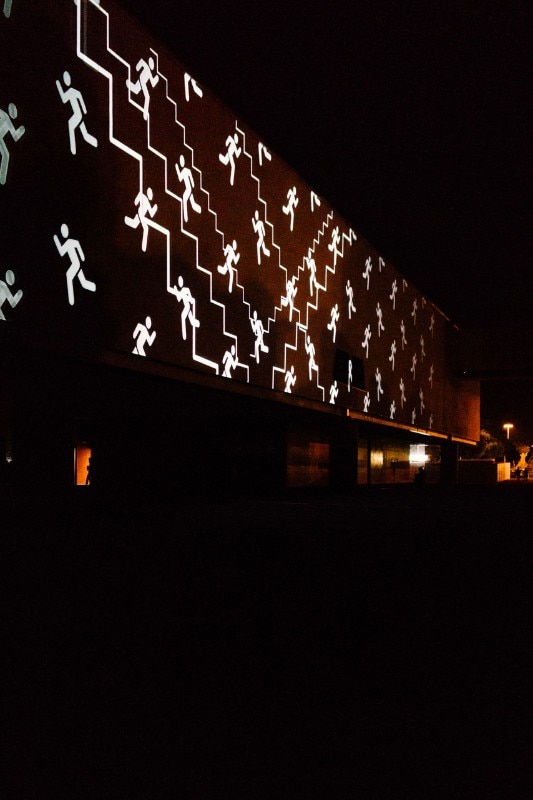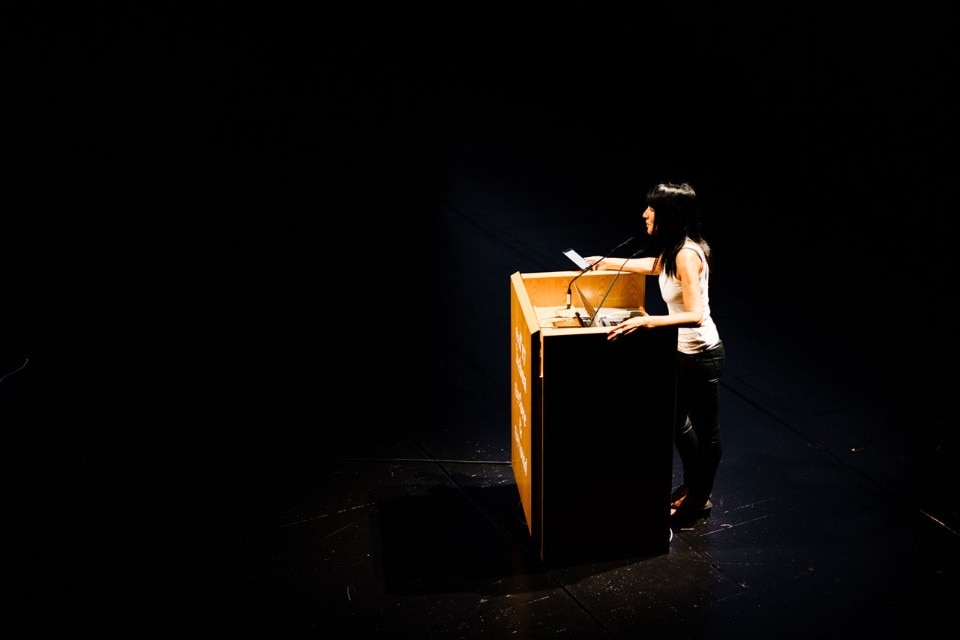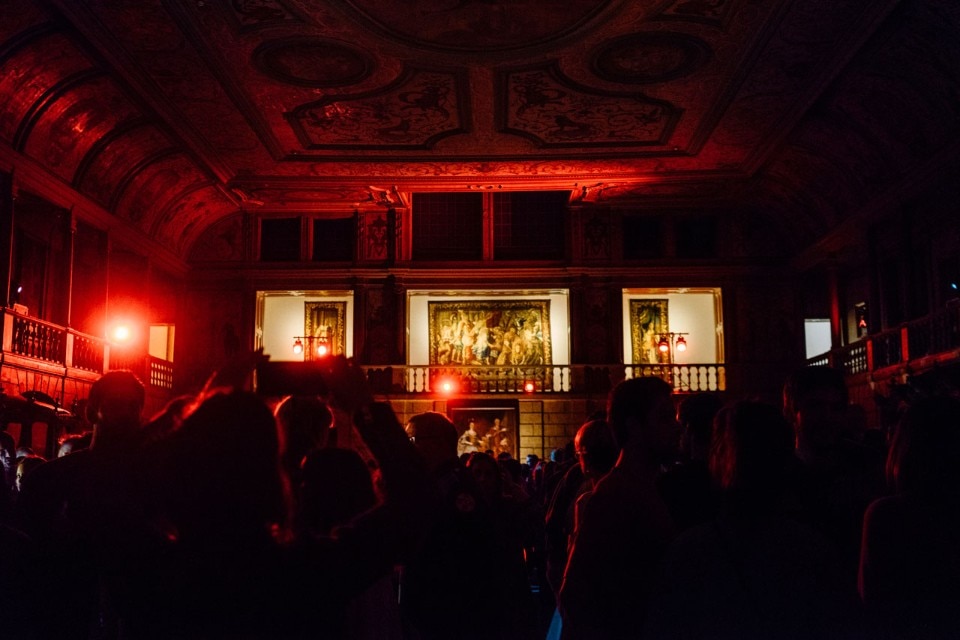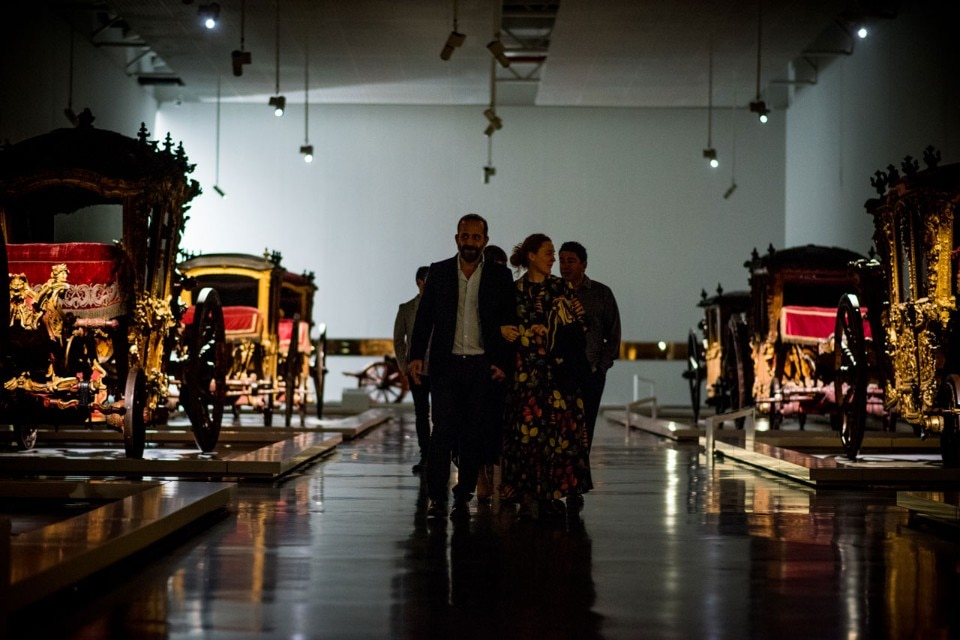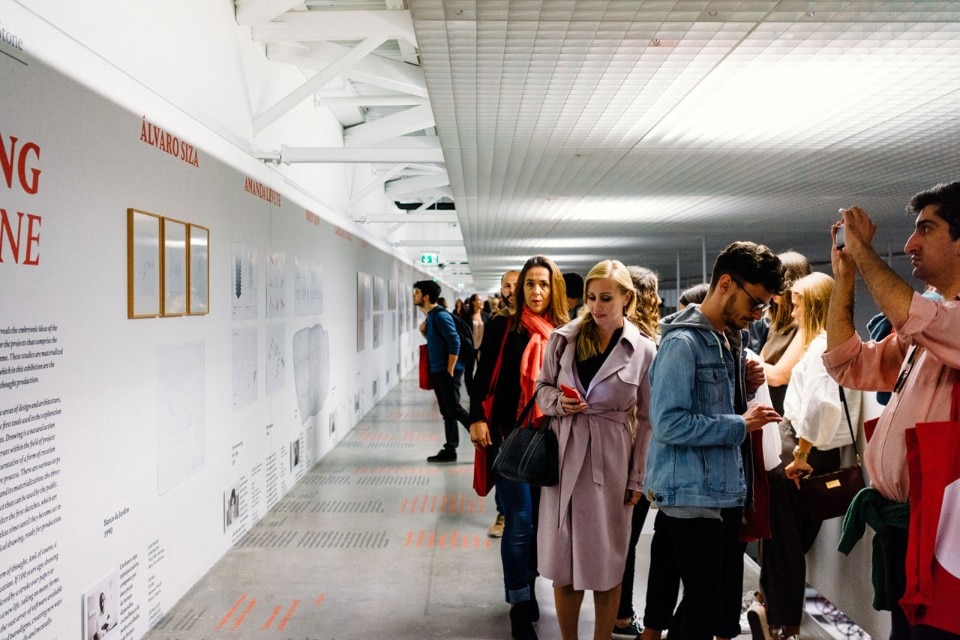Since 1999, the biennial Experimenta Design has attracted more than 1.130.450 people to Lisbon, revealing the architectural treasures of this wonderful European capital. An event animated with strength, passion and perseverance by its founder, Guta Moura Guedes, who has made design into a central topic of everyday discussion and debate in Portugal. The main event this year at the Belém Cultural Centre should mark the end, if not of the whole event, then at least the format that guided this biennial for years. It is hardly likely the energetic director has no projects for the future and in fact the theme of the event, “Before & Beyond” already throws open the door to future commitments.
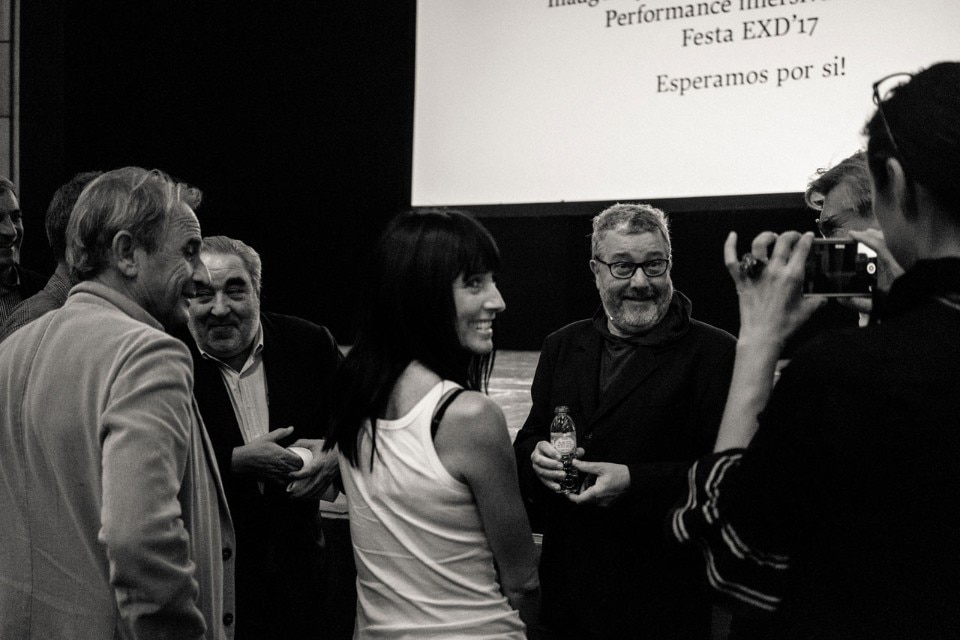
A weighty volume (entitled experimentadesign 1999-2017) takes stock of the “before” with the focus on history: 405 pages of photographs, not many installations but a lot of people and not just experts in the sector, attesting to a distinctively choral approach to the discipline. The feeling that its history is constantly evolving and has not come to an end (except in the published digest) is also confirmed by the presence of the country's top authorities. This is further evidence that design has become part of the common language of a country that emerged from the recent recession by multiplying its institutions with commissions for museums on an international level. (They include the recent Maat Museum by Amanda Levete, a white ceramic wave overlooking the water.) Attending the ceremony were the Culture Minister Luis Castro Mendes and the President Marcelo Rebelo de Sousa, who put it like this: “Design is culture. Design is culture because it is capable of changing our mindset. Of showing off our skills. Design is anticipation, and above all a vision of our future.”
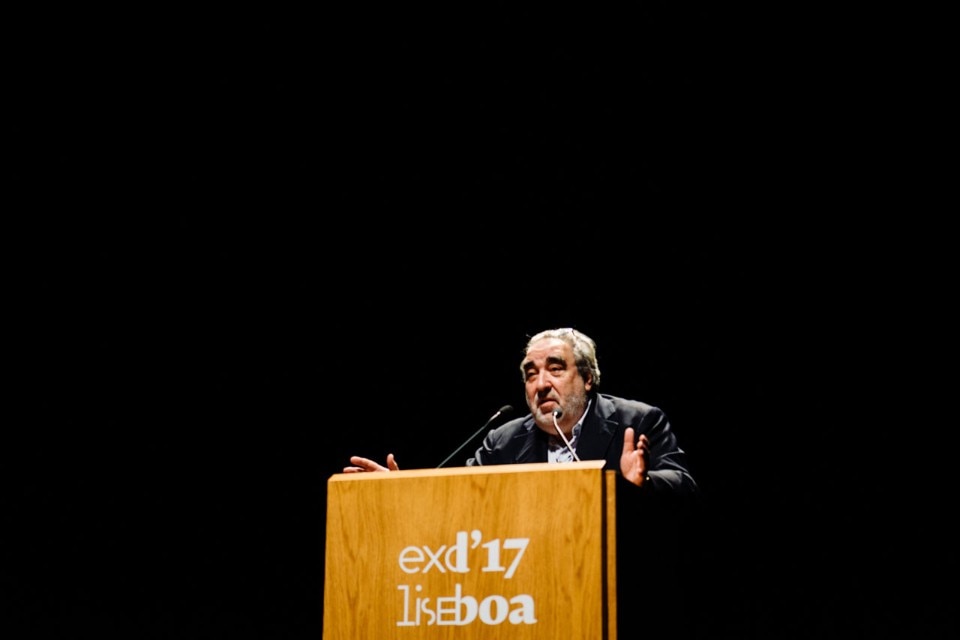
The exhibition Drawing in Stone, curated by Guta Moura Guedes, takes place at the Museu Nacional dos Coches (a museum devoted to vintage carriages). It features 23 outstanding figures who have worked with stone. They include Álvaro Siza, Amanda Levete, Bijoy Jain, Carrilho da Graça, Eduardo Souto de Moura, Elemental, Mia Hägg, Paulo David, Studio MK27 (Marcio Kogan), Vladimir Djurovic, Ian Anderson, Jonathan Barnbrook, Jorge Silva, Pedro Falcão, Peter Saville, Sagmeister&Walsh, Claudia Moreira Salles, the Campana brothers, Fernando Brizio, Jasper Morrison, Michael Anastassiades, Miguel Veira Baptista and the Bouroullec brothers.
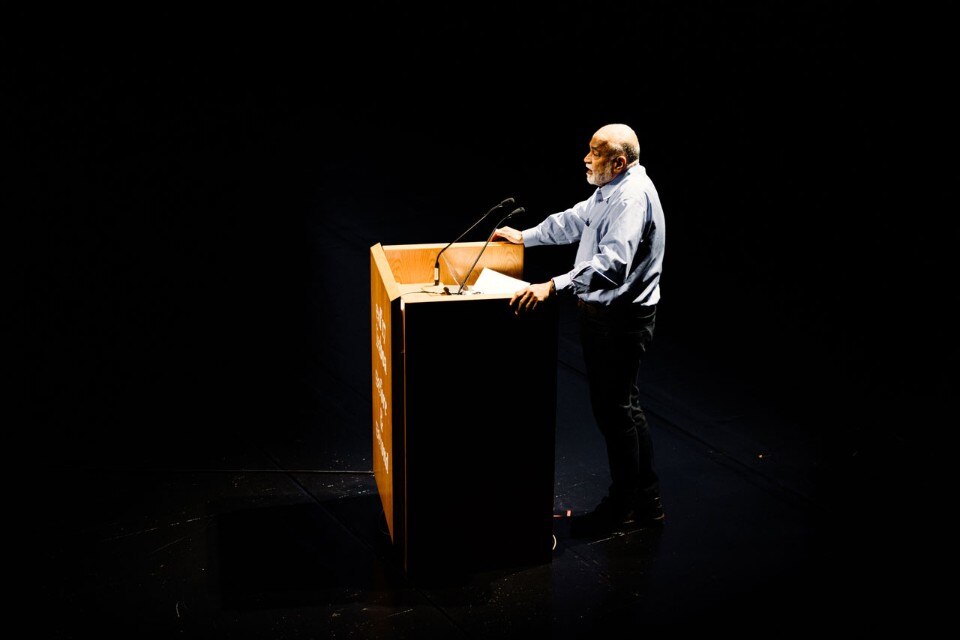
The showpiece of this edition is the cycle of “Lisbon Lectures”, to which contemporary thinkers have been invited to speak on one of the key issues (and titles) featured in the previous biennials. The Indian anthropologist Arjun Appadurai investigated the issue of borders (EXD'13, 2013 “No Borders”) with poignant and engaging arguments. He recounted how the geography of migrants creates a series of digital archive of memories (personal but shareable), so enabling us retrace the movements, tragedies and hopes of those who leave one life in quest of a different one, or simply to find a life. Migrants use the media not only to recount their stories, but also connect with each other, searching and finding each other as they travel from A to B, in the best of cases. Through a series of images that leave nothing to the imagination, Appadurai leads us on a journey into tragedy, the souls of those who escape from death, heedless of what they left yesterday as they struggle to today, unknowing whether tomorrow will ever dawn for them. “When you are in the water,” he says, “you never think about what you left behind. You just think about tomorrow.” With the example of migrants who seem to live in a state of permanent exile, Appadurai tries to make us understand that in today's world frontiers seem not to exist for crime, the mafia and illegality but only for people, confirming that the failure of a country's political situation is a problem of design.
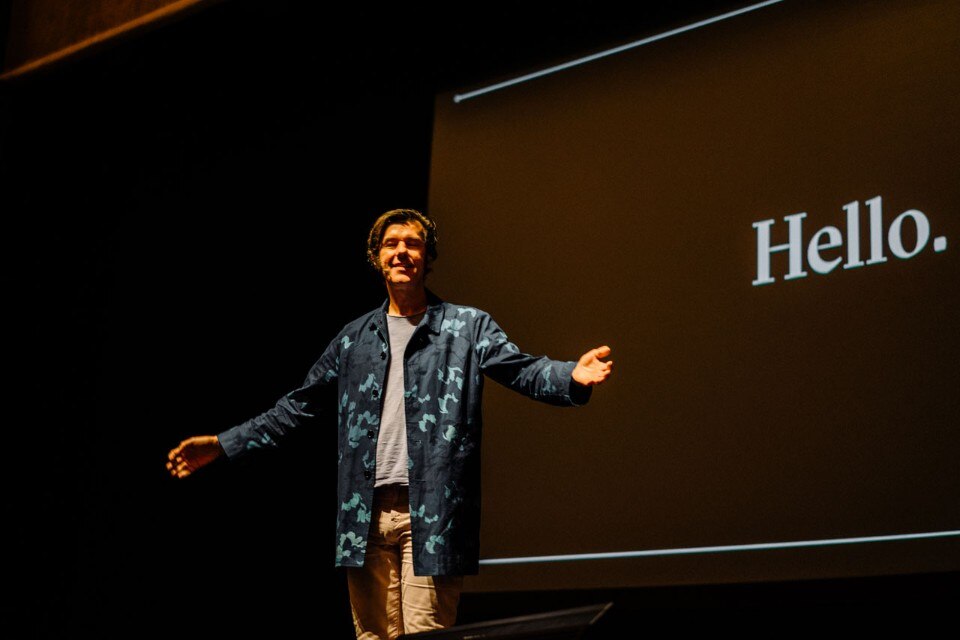
To restore our good humour, Stefan Sagmeister was assigned to deal with the theme of time (EXD'09, 2009, “It's About Time”). The creative, based in New York, did this by comparing time and beauty, tracing rapid conceptual associations that riveted the public. He ended by panning the architectural creations of last century, and blasting the approach to design by the triad of Adolf Loos, Mies van der Rohe and Le Corbusier. Sagmeister is empathic. He gets his message across informally and instinctively, and the audience showed its appreciation by bursts of applause and laughter.
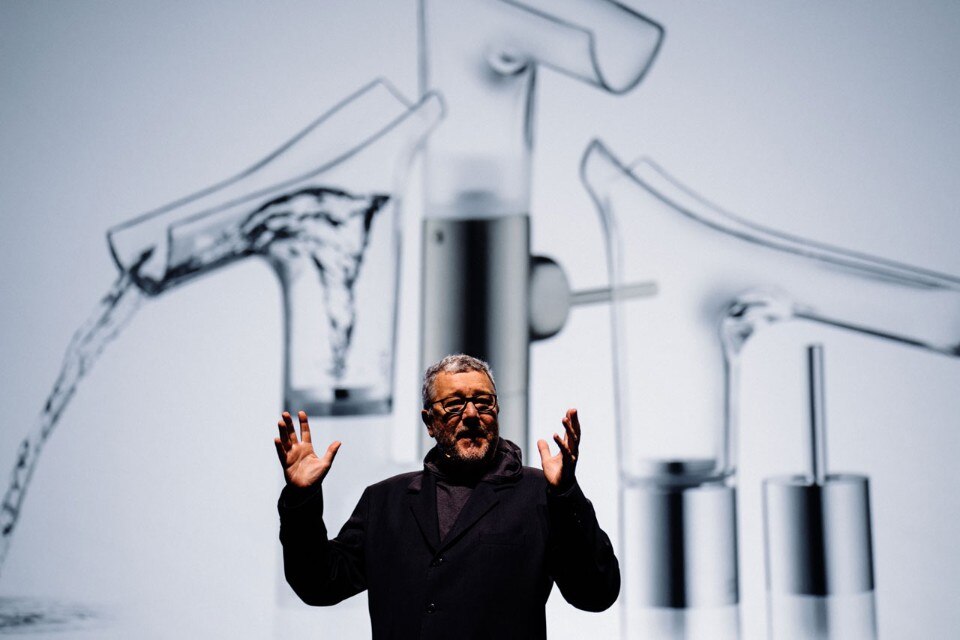
He was followed by Tyler Brulé (EXD'05, 2005, “The Medium is the Matter”), Eduardo Souto de Moura (EXD'08, 2008, “Space and Place”) and the closing performance by Philippe Starck (EXD'11, 2011, “Useless”). Unable to take part for health reasons were Alice Rawsthorn (EXD'99, 1999, “Intersections of and in Design”) and Miguel Nicolelis (EXD'15, 2015, “As Far as the Mind Can See”). Guta Moura Guedes wrapped up the series by informing the public she will serve up another cycle of conferences, already planned for next year. No, the history of design in Lisbon is not yet over.
© all rights reserved


